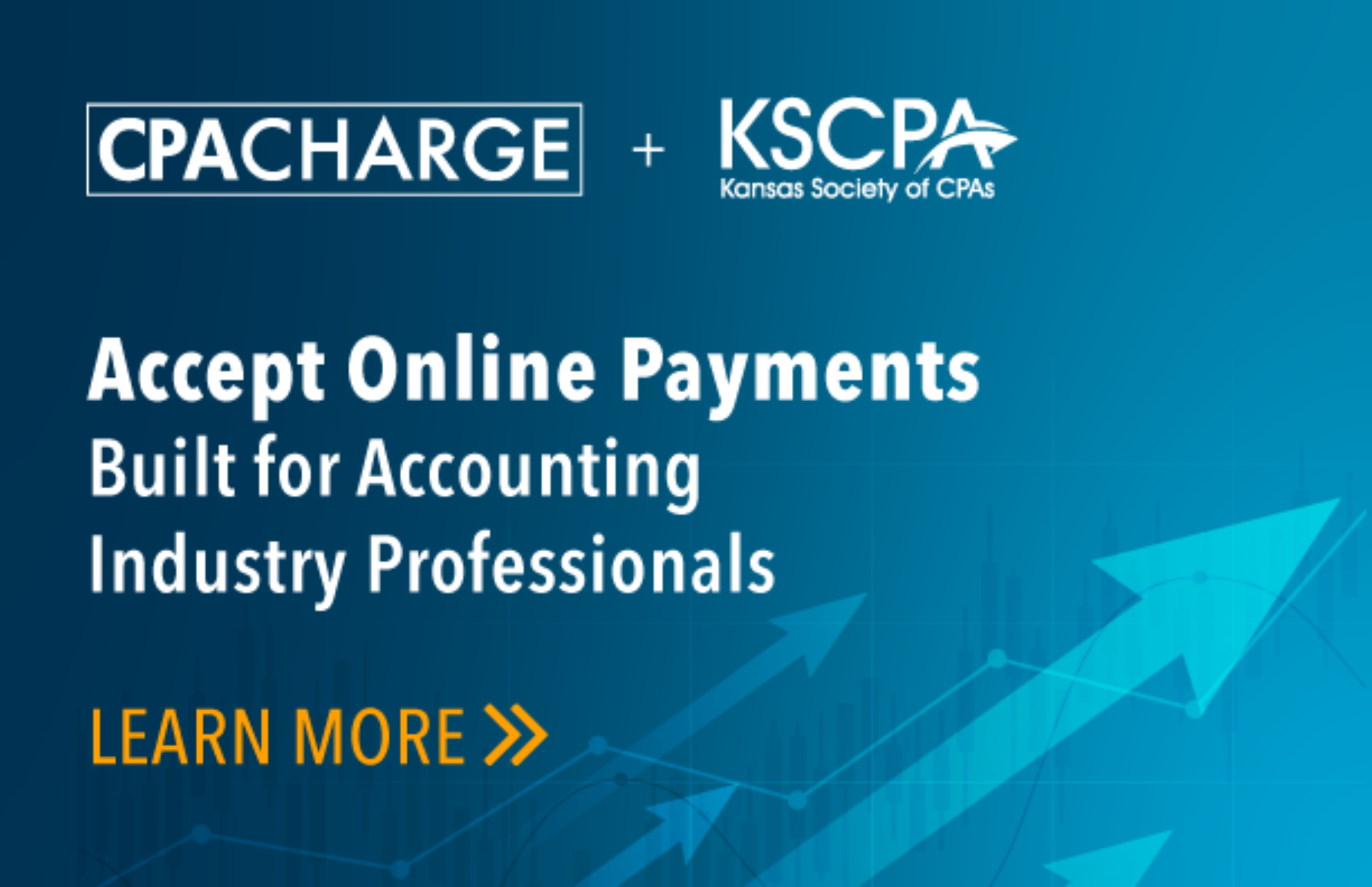
March 10, 2022
A KSCPA Ignite Blog by:
Randy Johnston, Partner at K2 Enterprises
There are Traditionalists, Baby Boomers, Gen Xers, Millennials, and Gen Zers. And with so many decades of life and experience separating them, opportunity abounds for the more experienced employees to mentor the younger ones.
But take that one step further because age is irrelevant when it comes to mentoring. Everyone has the potential to teach others and learn from others.
A Gen Zer can clue in a Baby Boomer on how young people prefer to communicate. That knowledge can help in interactions with co-workers and potential clients or customers. If you are a Millennial, a Traditionalist can use their years of accumulated wisdom to help you navigate obstacles you’re almost sure to encounter – because they have been there themselves.
Unfortunately, mentoring relationships don’t happen as often as they should, even though people say having a mentor is worthwhile. In 2019, Olivet Nazarene University conducted a study on the subject and found that while 76% of people think mentors are important, only 37% currently have one. Yet, entrepreneurs and business leaders of all types benefit from mentors. Plus, when you hire people for your organization, you expect the best results for your clients and your team. So, why not do everything possible to enable success?
Who Benefits From Mentoring? Everyone!
The beneficiaries of most of that mentoring are younger workers. For example, 57% of junior-level employees say they had a mentor. However, just 35% of mid-level employees reported they had a mentor, as did a mere 8% at the senior level. As a result, those top-level people miss out on great opportunities to learn and improve their skills.
That’s because to be successful in this era requires generational intelligence. Generational intelligence means being aware of others’ experiences or worldviews, understanding their preferences, and using this information to adapt and better collaborate. Once you’re aware of others’ expectations and preferences, it’s easier to reset your own expectations when necessary. That will make you both a better mentor and a better mentee. Mentoring an intergenerational workforce requires a few simple actions.
How do you go about doing that? Let me suggest a few ways that will help, whether you are the most senior employee or the youngest:
Be a good listener
Listening encompasses many skills, including being a good active listener and being empathetic, which requires good emotional intelligence skills. Listening skills are essential whether you are the mentor or the mentee.
Be open to different modes of communication
Different generations often have preferences about how they communicate. Please resist the temptation to dictate to others that they must do things your way. As just one example, older generations – particularly Traditionalists, the youngest born in 1945 – prefer phone calls over text messages. Contrast this with the younger generations, particularly Millennials and Gen Zers, who possess a higher comfort level with texting. For them, a phone call is often the last resort.
If you want someone to mentor you, ask
Potential mentors are all around you – and there’s nothing wrong with you making the first move. Perhaps you’ve noticed someone within your organization whom you admire. Maybe it’s the way they handle sales calls or their organizational skills. Let them know you are looking for a mentor and ask whether they can spend time with you. Unfortunately, this direct approach to finding a mentor doesn’t happen often enough. That Olivet Nazarene University study found that just 14% of mentor/mentee relationships came from someone asking a person to mentor them. In 61% of the cases, the relationship developed naturally. In 25%, the person offered to be a mentor.
Check your ego at the door
Now is not the time for a “my way or the highway” attitude. Instead, recognize that there is more than your way of achieving goals and that co-workers have valuable ideas, regardless of age and experience. In addition, the mentor and mentee can be flexible in a relationship, with both parties benefiting. So be open and encouraging to others’ ideas.
Confront and reject your biases
People often have preconceived notions about those other generations, and there’s a good chance you are no exception. Maybe you are young and see older generations as unable or unwilling to adapt to change. How could you learn anything from them? Perhaps you are one of the more senior employees. To you, those from the younger generations may seem lazy or unmotivated. What could they possibly know, say, or do that would have any merit? Accept for a moment that you may be wrong. Those other generations have had different experiences, having come of age at different times under different circumstances, affecting how they do things.
So, mentoring an intergenerational workforce is straightforward. When you fail to accept that people from every generation have a lot to offer, you are much less likely to mentor or be mentored by them – and the loss will be yours, theirs, and the organization’s.
Ideas for this article came from Carrie Root, Ph.D., author of The Other Soft Skill: How to Solve Workplace Challenges with Generational Intelligence, is the founder and CEO of Alpha UMi (www.5gpowerskills.com). This education consulting firm develops professional-development curricula. Her company has provided workshops at conferences for major corporations and associations. Before founding Alpha UMi, Root had a successful engineering career working for large and small businesses, followed by more than two decades of consulting as a high-level troubleshooter for the U.S. Navy.
Mr. Randy Johnston is one of the partners at K2 Enterprises (www.k2e.com) and helps create and deliver technology-focused training to business professionals throughout North America. Randy routinely provides Technology Assessments for CPA firms through his NMGI operation. Besides writing reviews on practice management, financial reporting & Advisory, Tax tools, and payroll products within the last year, he also has a weekly podcast on technologies for CPA firms at The Technology Lab. See a list of online K2 CPE courses at https://shop.k2e.com/. You may reach Randy at randy@k2e.com.
The Ignite blog is an official publication of the Kansas Society of CPAs, Copyright 2022. Reprinted with permission.
THANK YOU TO OUR SPONSORS & PARTNERS IN ACCOUNTING EXCELLENCE!
 |
 |
Would you like to showcase your business by sponsoring the Ignite blog? Click here for more information.
© Copyright 2025 KSCPA | All Rights Reserved